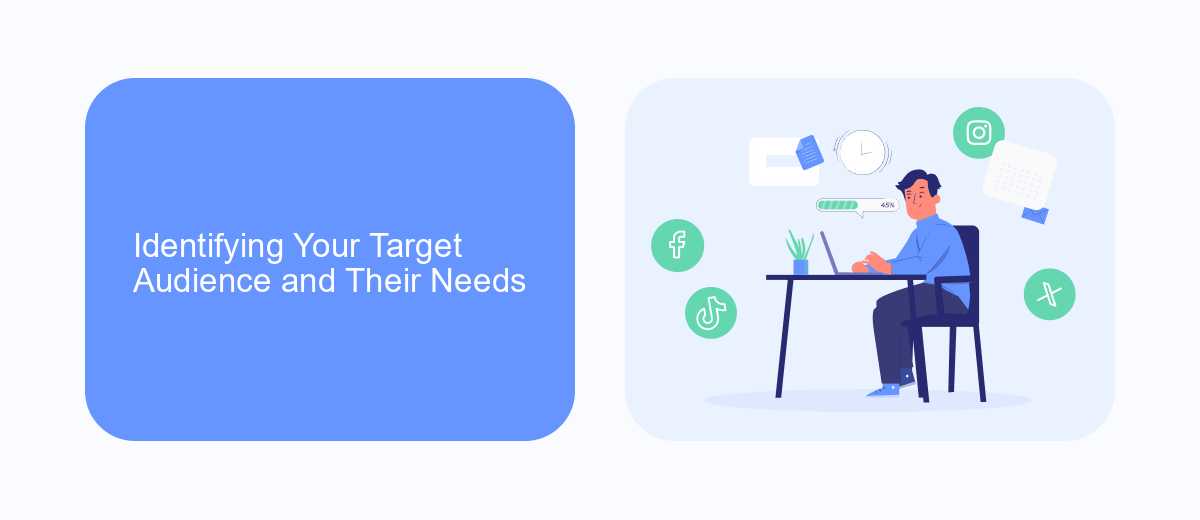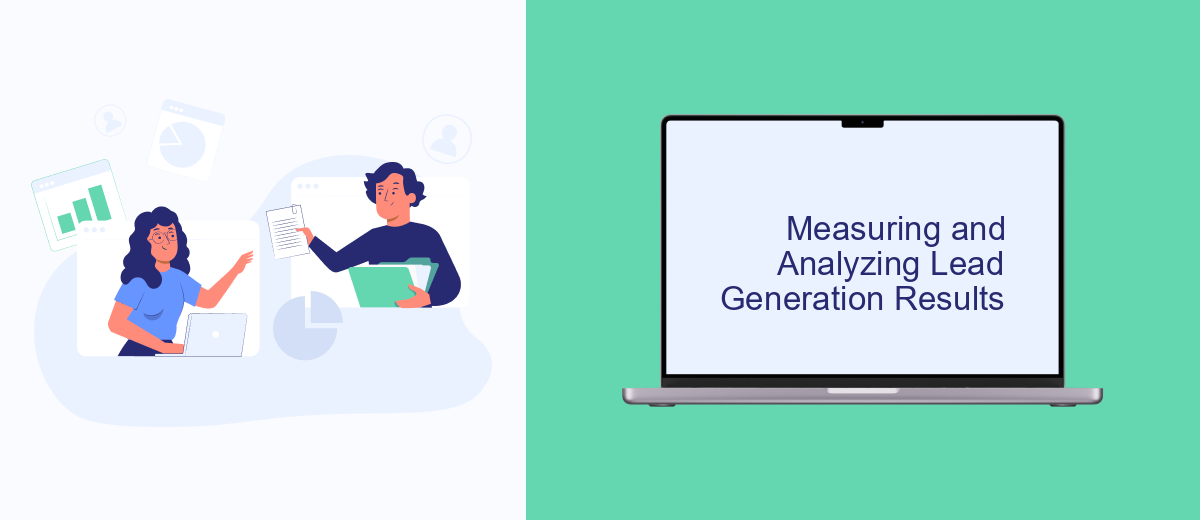In today's competitive business landscape, lead generation has become an essential component for sustainable growth and success. By identifying and attracting potential customers, businesses can effectively nurture relationships and convert prospects into loyal clients. This article explores the importance of lead generation, highlighting its role in driving revenue, enhancing brand visibility, and ensuring a steady pipeline of opportunities for businesses of all sizes.
Understanding the Importance of Leads in Business Growth
In today's competitive business landscape, generating leads is crucial for sustaining growth and ensuring long-term success. Leads represent potential customers who have expressed interest in your products or services, providing an opportunity to convert them into loyal clients. By focusing on lead generation, businesses can nurture relationships and tailor their marketing strategies to meet the specific needs of their audience.
- Increased Revenue: More leads can result in higher sales and revenue.
- Market Expansion: Reaching new leads helps businesses expand their market presence.
- Customer Insights: Understanding leads provides valuable insights into customer preferences and behaviors.
- Brand Awareness: Lead generation activities enhance brand visibility and recognition.
Effectively managing and nurturing leads is a fundamental aspect of business growth. By implementing strategic lead generation tactics, companies can build a robust pipeline of potential customers, ensuring they remain competitive and adaptable in a rapidly changing market. Ultimately, understanding the importance of leads allows businesses to optimize their marketing efforts and achieve sustainable growth.
Identifying Your Target Audience and Their Needs

Identifying your target audience is a critical step in lead generation. Start by analyzing demographic data, such as age, gender, location, and income level, to understand who your potential customers are. Consider their psychographic traits, including interests, values, and lifestyle choices, to gain deeper insights. Utilize tools like surveys, social media analytics, and customer feedback to gather this information. By understanding your audience's characteristics, you can tailor your marketing strategies to attract and engage the right people.
Once you've identified your target audience, focus on understanding their needs and pain points. This involves researching common challenges they face and how your product or service can provide solutions. Use tools like SaveMyLeads to integrate various platforms and streamline data collection, ensuring you have comprehensive insights into your audience's preferences. By aligning your offerings with their needs, you not only enhance your value proposition but also increase the likelihood of converting leads into loyal customers.
Exploring Effective Lead Generation Strategies

Effective lead generation is crucial for businesses looking to expand their customer base and increase revenue. By employing the right strategies, companies can attract potential customers and convert them into loyal clients. It is essential to understand that not all lead generation tactics are created equal, and selecting the most appropriate ones for your business can make a significant difference.
- Content Marketing: Creating valuable, informative content that addresses the needs and interests of your target audience can attract potential leads.
- Social Media Engagement: Actively engaging with users on social media platforms helps build relationships and increases brand visibility.
- Email Campaigns: Sending targeted and personalized emails can nurture leads and guide them through the sales funnel.
- SEO Optimization: Improving your website's search engine ranking ensures that your business is easily discoverable by potential leads.
- Webinars and Events: Hosting online or offline events provides opportunities to interact directly with potential leads and showcase your expertise.
Implementing these strategies requires careful planning and execution. By focusing on understanding your audience and delivering value, businesses can effectively generate leads and foster long-term relationships. Regularly analyzing and refining your approach will ensure continued success in your lead generation efforts.
Measuring and Analyzing Lead Generation Results

Effectively measuring and analyzing lead generation results is crucial for optimizing marketing strategies and maximizing ROI. By understanding how well your lead generation efforts are performing, you can make informed decisions to improve future campaigns. Start by setting clear objectives and key performance indicators (KPIs) to track progress and determine success.
Utilizing analytics tools can provide valuable insights into various aspects of your lead generation process. These tools help identify which channels are driving the most traffic and converting leads into customers. Regularly reviewing this data allows you to adjust your strategies and allocate resources more effectively.
- Track conversion rates to evaluate the effectiveness of your landing pages and calls-to-action.
- Analyze traffic sources to identify which platforms yield the highest quality leads.
- Monitor lead quality by assessing the engagement and readiness of prospects to move through the sales funnel.
- Use A/B testing to experiment with different approaches and optimize your lead generation tactics.
By consistently measuring and analyzing your lead generation results, you can refine your marketing strategies to better align with your business goals. This data-driven approach ensures that your efforts are not only generating leads but also contributing to sustainable growth and success.
Maximizing Your ROI Through Lead Nurturing and Conversion
Maximizing your ROI through effective lead nurturing involves a strategic approach to building relationships with potential customers. By engaging leads with personalized content and timely follow-ups, businesses can guide them through the sales funnel, increasing the likelihood of conversion. This process not only enhances customer experience but also ensures that marketing efforts yield higher returns. Utilizing tools and platforms that automate and streamline communication, such as email marketing and CRM systems, can significantly enhance the efficiency of lead nurturing activities.
Integrating these systems with services like SaveMyLeads can further optimize the lead conversion process. SaveMyLeads allows businesses to automate data transfers between platforms, ensuring that leads are efficiently managed and nurtured without manual intervention. By connecting various marketing tools, businesses can maintain a seamless flow of information, enabling more precise targeting and timely responses. This integration ultimately leads to a higher conversion rate, maximizing the ROI from lead generation efforts and ensuring a steady stream of satisfied customers. By focusing on nurturing and conversion, businesses can transform potential leads into loyal clients, driving long-term success and profitability.
FAQ
What is lead generation and why is it important for my business?
How can lead generation improve my sales process?
What are some effective lead generation strategies?
How can I automate my lead generation process?
What are the benefits of integrating lead generation with my CRM?
SaveMyLeads is a simple and effective service that will help you automate routine tasks and optimize business processes. Stop wasting time uploading leads from Facebook manually – you can do it automatically, saving a lot of time and money. Eliminate routine from workflows and achieve more with minimal investment of money, effort and human resources.
